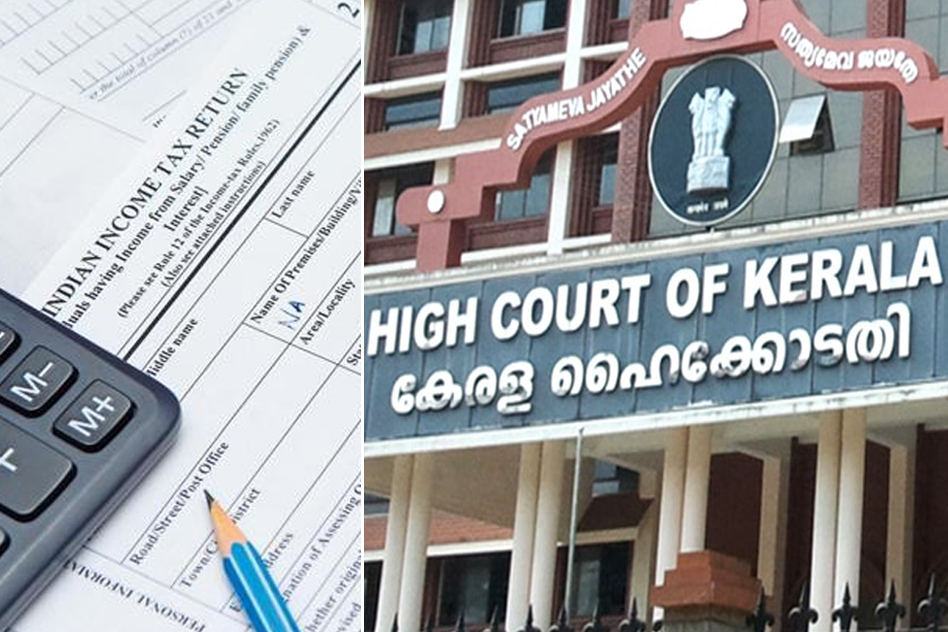HC Says ESI Corporation Cannot Deny Certificate To The Employees For Late Filing Of Returns
22 July 2018 4:02 PM GMT
The Kerala High Court has stated that the employers’ failure to make contributions and file returns in time cannot be a ground for denial of “Ward of Insured Person Certificate” to the insured employee, as reported by The Hindu. The Court’s order is a good news as this certificate is necessary for the admission of wards of insured employees in the quota in medical colleges run by Employees’ State Insurance (ESI) Corporation.
The court passed the order after petitioners filed a writ petition in the High Court. The petition pointed out that it was possible that the money was deducted by the employer from their salaries on time, but could have remitted it to the corporation late and, which could have led to filing of returns late. It further says that once the company is deducting the money, the employees have no control over the activities of the company. Thus, there should be no delay in providing the Certificate.
The petition was filed after several employees were denied the certificate. The certificates were denied by the Corporation stating that their respective employers had committed default in making contributions and there were delays in filing returns from the employees’ side. The ESI Corporation further justified its stand by saying that the quota for insured employees in the medical colleges is also time bound and it only goes to the ward if one fulfilled the eligibility criteria.
Justice Dama Seshadri Naidu examining the case said that if the employee’s contribution is “payable” by him, then the actual payment of contributions was not necessary.
According to the Live law, “Semantically, the expression ‘paid’ refers to a past, completed event; ‘payable’, on the other hand, refers to a future event. But ‘were payable’, employed both in the Act and the Admission Policy, could only refer to an unfulfilled past event. So once an amount became due, it might remain unpaid; unpaid it earns interest, not a disqualification. The Corporation’s insistence that the amount must have been paid, I am afraid, negates its definition and its policy,” pointed the Court.
Pulling the ESI corporation, the court further stated that the Act and the Regulations had several provisions conferring powers on the Insurance Inspectors under the Corporation to take coercive steps against defaulting employers. The court pointed out that Section 68 of the Act specifically stated that an employee will not be disentitled to benefits under the Act due to employer’s default and that in such situation the Corporation should extend the benefit to the employee first, and later recover the amounts from the employer.
 All section
All section














